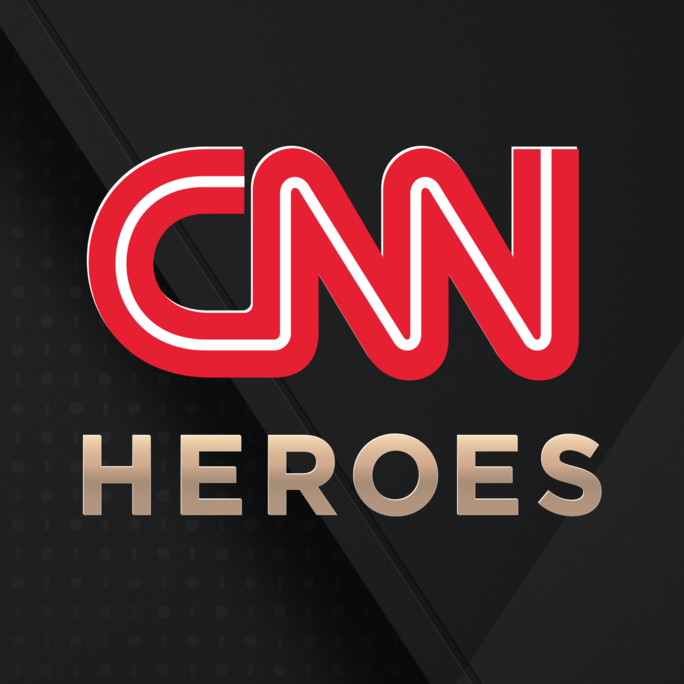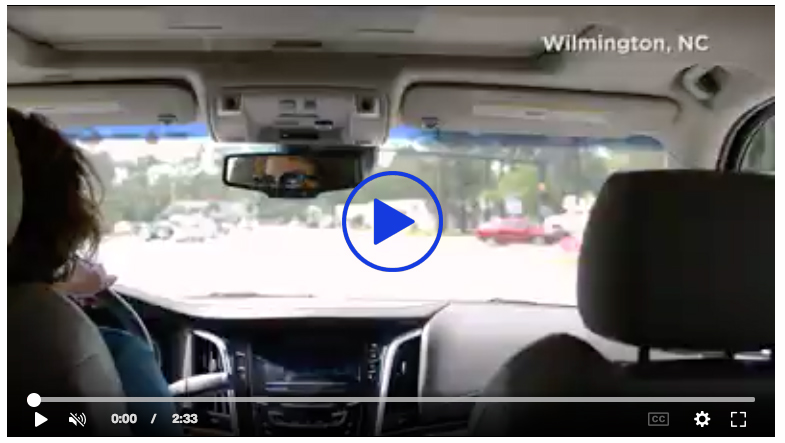
Coffee shops are cool, but in Wilmington, North Carolina, Bitty & Beau’s Coffee is known for its warmth.
At the heart of the shop’s popularity is its unique staff: Almost everyone who works there has an intellectual or developmental disability, ranging from Down syndrome to autism to cerebral palsy. For many employees, it’s their first job, and their joy fills the air.
It’s the vision of Wilmington resident Amy Wright, inspired by two of her four children — Beau and Bitty, who have Down syndrome.
When Wright and her husband discovered that nearly 70% of adults with intellectual and developmental disabilities do not have jobs, they resolved to do something about it.
The shop opened in January 2016 and immediately had lines out the door. National press attention followed, and six months later, it had to move to a larger space.
Today, the store employs 40 people with disabilities, as well as two managers who have degrees in special education. The team works like a well-oiled machine.
“Our wait time is no longer than any of our competitors,” Wright said. “They’ve all gotten really good at their jobs and step up if somebody else needs help.”
All the profits from the coffee shop go to Wright’s nonprofit, Able to Work USA. But she’s most proud of the bridges it’s built in the community.
“Creating this has given people a way to interact with people with disabilities that (they) never had before,” she said. “This is a safe place where people can test the waters and realize how much more alike we are than different. And that’s what it’s all about.”
CNN’s Kathleen Toner spoke with Wright about her work. Below is an edited version of their conversation.
CNN: The coffee shop wasn’t your first effort. What else have you done to help people with disabilities?
Amy Wright: When Beau was born, we were thrust into the world of special needs. So, we’ve been trying to advocate in different ways since then, and that intensified after (we had) Bitty. But it’s so hard to get people to change their perceptions. It felt like we were swimming upstream. People are scared of what they don’t know, so that’s why we’ve decided to live out loud and to show people what our lives are like. With employment, people with intellectual and developmental disabilities aren’t valued the way typically-developed people are. So, Ben hired a few people (with disabilities) at his office and then I started a nonprofit to help (them) find employment. But I had hundreds of people who wanted jobs and could barely find an employer who would even give one of them an interview. Yet, what I have seen is when you just give them a chance, they can do anything you ask them to do.
CNN: How much do these jobs mean to your employees?
Wright: Having a workplace that makes you feel proud of yourself and gives you a sense of community is something we all want. For our employees, I feel like it’s the first time they’ve had that. We figured out what their skill set was and we plugged them in. They’re proud to be employed by Bitty and Beau’s Coffee, and they will shout it from the rooftops. It’s given them purpose and a sense of being valued in ways that we take for granted.
We always say, it’s more than a cup of coffee. It’s a human rights movement; the coffee shop is just a vehicle for making that happen. It’s given our employees the respect that they deserve.
CNN: How do customers respond?
Wright: Every single day, people say, “You made my day. Thank you.” There’s something so pure about our team. They genuinely are happy that you’re there, and they make you feel that way. That’s a feeling most people don’t get anywhere that they go, and I think it’s what draws people back.
We have become a destination. We have a map up on the wall where people can pinpoint where they’ve come from. We started with a national map, and we have people that have pinpointed all around the border because they’ve come from outside the country.
CNN: What’s your next step?
Wright: Right now, people come to Bitty and Beau’s Coffee because they know what we’re doing and they want to experience it. We want to take that to a place where people don’t know what they’re about to step into, which is why we’re going to Charleston, South Carolina, next fall.
By opening another shop in a real high-tourist area, people (will) think they’re going to get a cup of coffee, and they’re going to get so much more. It’s taking our mission to another level, and we feel like that’s when we’re really going to start changing hearts and minds.

